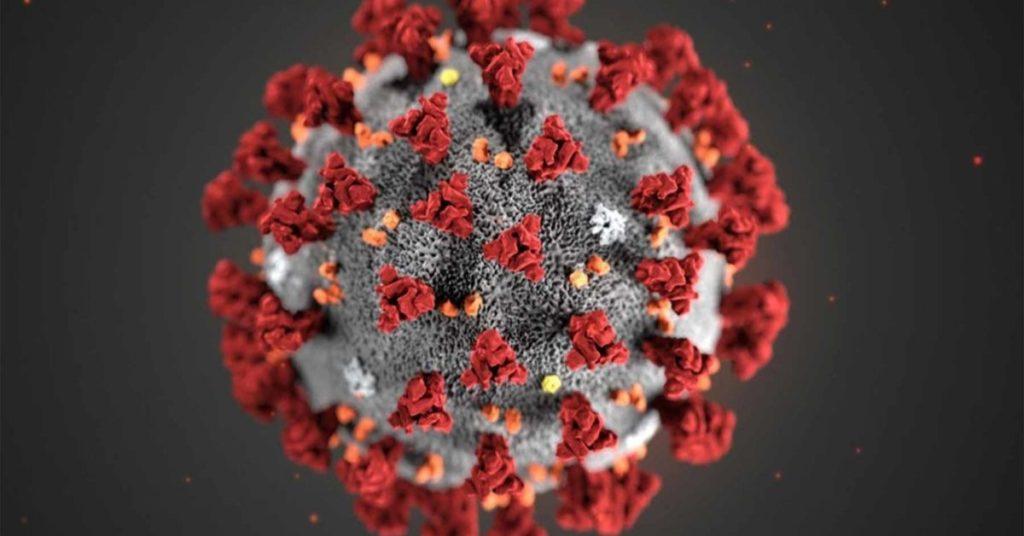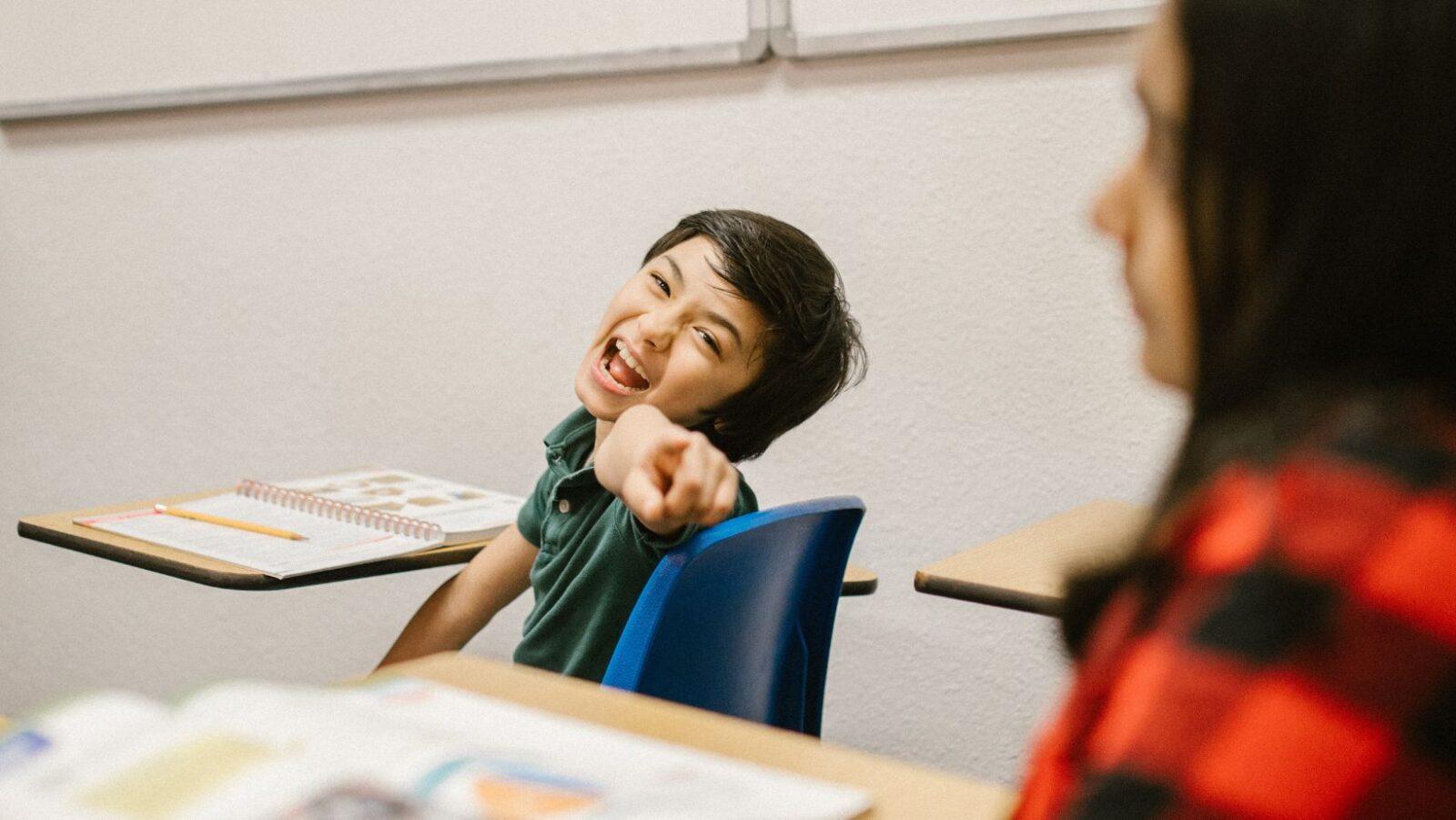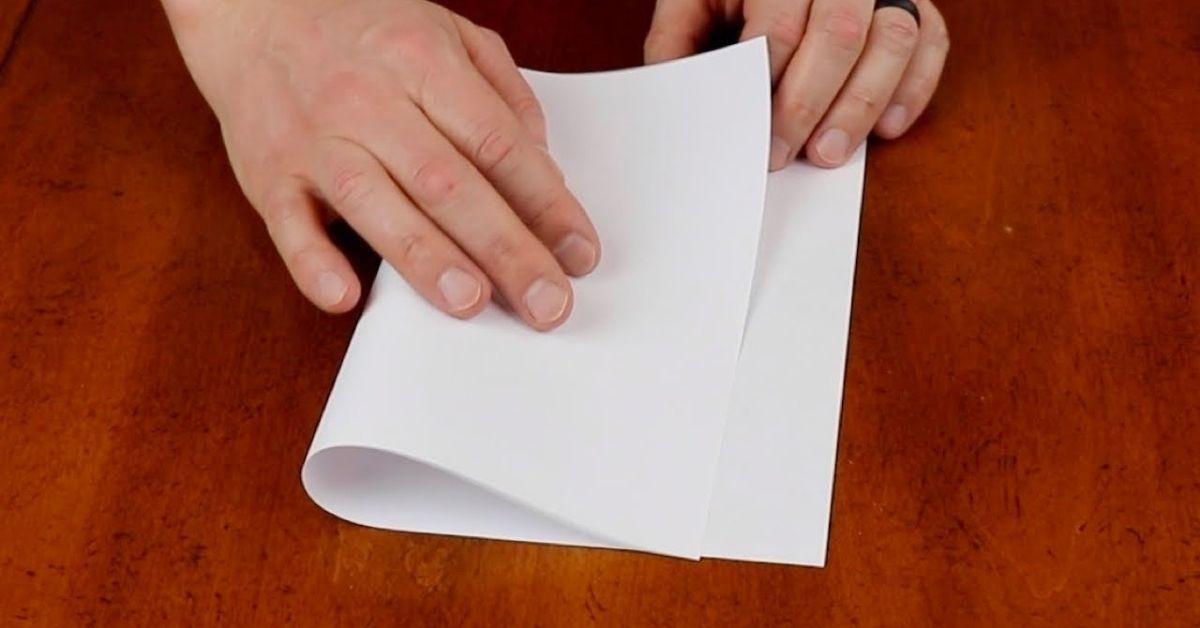(Updated on March 7, 2020) Admittedly, it has become quite challenging to tell fact from fiction on social media. This, of course, is a major problem when public health and safety are concerned. We are often told to listen and share updates only from verified sources. But what happens when fake advice is falsely attributed to real-world experts—and worse, presented in a manner believable enough to fool even influential figures and institutions?
When 2019 novel coronavirus (2019-nCoV) prevention tips that reportedly came from infectious disease expert Dr. Yuen Kwok-yung surfaced online, many shared them with confidence, including a number of Philippine public information sources. According to the story, Yuen, the University of Hong Kong’s chairman for infectious diseases, advised audience members during a recent speech to “avoid eating deep-fried foods” and “keep [their throats] constantly moist” by drinking “50 to 80cc of warm water for adults, and 30-50cc for children.” Allegedly, Dr. Yuen said a dry “throat or throat mucus” enables the virus to enter the body.
Unsurprisingly, other “recommendations” from “experts” have popped up as well. One included a warning against eating spicy food; another told the public to avoid cold drinks and foods with preservatives. Meanwhile, a message attributed to Chinese epidemiologist Dr. Zhong Nanshan suggested rinsing one’s mouth with salt water solution to “kill” the virus.
Sadly, aside from being convincing, these bits of advice share another thing in common: They’re not real.
Why these “tips” won’t protect you from a coronavirus
“Coronaviruses mainly affect the upper airways which are your nasal passages, pharynx and larynx,” explains public health specialist Dr. Edrie T. Alcanzare. For starters, there’s no proof that a dry throat is especially susceptible to coronaviruses, particularly 2019-nCoV. Moreover, the pharynx is the only intersection point of the body’s air and food passages. “If you inhale air with virus particles, it’s going to go straight into your lungs,” says Alcanzare. “Water takes the other route.”
The saline water myth was also debunked by the Guangzhou Medical University, where Zhong is a resident academician: “[T]he new coronavirus invades the respiratory tract, which cannot be cleaned by mouth rinsing. Secondly, no present findings have suggested that saline water can kill the new coronavirus.”
Similarly, there is no evidence that avoiding spicy, deep-fried, or cold food will safeguard you from coronaviruses. What you should be avoiding, though, are raw or undercooked animal products, as per official guidelines from the World Health Organization (WHO).
It’s important to note that there are benefits to staying hydrated and making careful food choices. However, presenting these practices as methods of disease prevention is not only deceptive and irresponsible, but also dangerous, as they can lull the public into a false sense of security during health crises.
As for Yuen, when FlipScience asked him if he actually shared those tips, he had a succinct email response: “Fake, especially the throat part.”
Still remember your 5th-grade science classes? Test your knowledge and see if you still remember these facts and fundamental concepts in human anatomy, biology, botany, and other branches of science. Click here to try the “Are You Smarter Than A Pinoy Fifth-Grader” Challenge.
Follow the hashtag #FlipFacts on Facebook and Instagram to get your daily dose of science trivia!
Cover: Alissa Eckert and Dan Higgins/CDC
References
- https://factcheck.afp.com/saline-solution-kills-china-coronavirus-experts-refute-online-rumour
- https://www.bbc.com/news/blogs-trending-51271037
- https://www.cnnphilippines.com/news/2020/1/27/How-to-protect-yourself-from-coronavirus-tips.html
- https://www.sciencealert.com/here-s-all-the-nonsense-people-are-spreading-about-the-wuhan-coronavirus
- https://www.straitstimes.com/singapore/health/moh-debunks-fake-message-on-flu-prevention-measures
- https://www.telegraph.co.uk/global-health/science-and-disease/coronavirus-symptoms-treatment-advice/
- https://www.thelancet.com/journals/lancet/article/PIIS0140-6736(20)30211-7/fulltext
- https://www.who.int/emergencies/diseases/novel-coronavirus-2019/advice-for-public
Author: Mikael Angelo Francisco
Bitten by the science writing bug, Mikael has years of writing and editorial experience under his belt. As the editor-in-chief of FlipScience, Mikael has sworn to help make science more fun and interesting for geeky readers and casual audiences alike.







